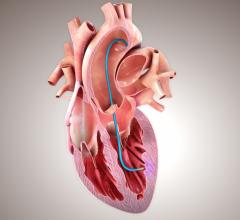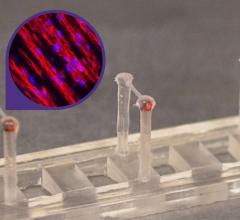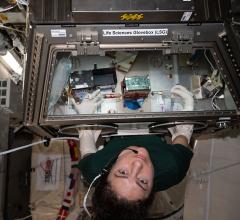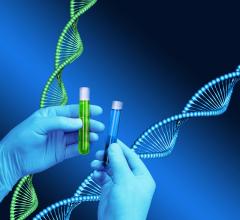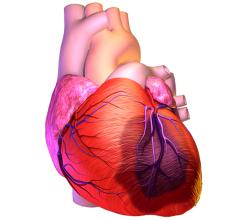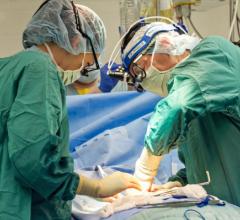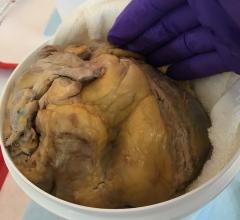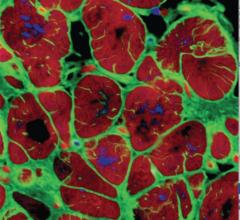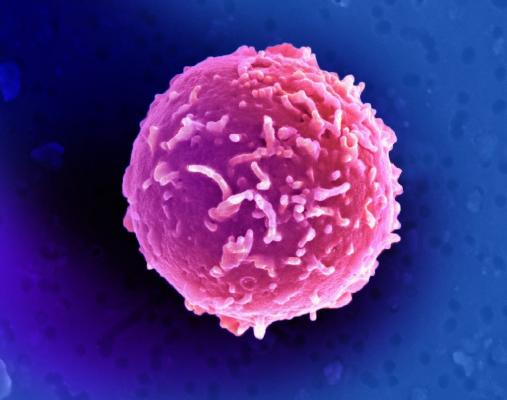
March 10, 2014 — After a heart attack, there is often permanent damage to a portion of the heart. This happens, in part, because cardiac muscle cells are terminally differentiated and cannot proliferate after blood flow is blocked off to the heart. This partial healing can be attributed to heart disease being one of the leading causes of death. What if the cells could be stimulated to divide and the heart could be induced to repair itself? This was the question posed by George Washington University researcher Scott Shapiro, M.D., Ph.D., and his co-authors. They found cardiac regeneration may be a possibility with gene therapy.
The research, published in Science Translational Medicine, found gene therapy can elicit a regenerative response in pig hearts. Shapiro and his research team first looked to small animals such as the zebrafish, which are able to regenerate heart tissue after a heart attack. This animal has a key protein at play, Cyclin A2 (Ccna2).
“After seeing the effects of CCna2 in small animals, we began looking at the effects of the gene in larger animals, such as pigs,” said Shapiro, assistant professor of medicine at the GW School of Medicine and Health Sciences. “We delivered Ccna2 directly into the heart and found that pigs not only had improved cardiac function, but also found evidence of cellular regeneration.”
Ccna2 is a prenatal gene normally turned off in humans after birth. Shapiro believes using gene therapy as a tool for cardiac regeneration, optimized for humans, could lead to a viable treatment option for patients who suffer from myocardial infarction.
The study is titled “Cyclin A2 Induces Cardiac Regeneration After Myocardial Infarction Through Cytokinesis of Adult Cardiomyocytes.”
Additional authors of the study include researchers from the Cardiovascular Institute at the Mount Sinai School of Medicine, the Centro Nacional de Investigaciones Cardiovasculares at the Hospital Universitario La Paz and the Division of Cardiology at the Albert Einstein College of Medicine.
For more information: smhs.gwu.edu


 November 19, 2021
November 19, 2021 
